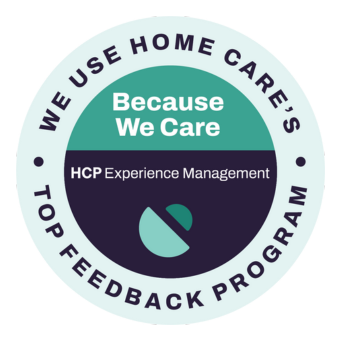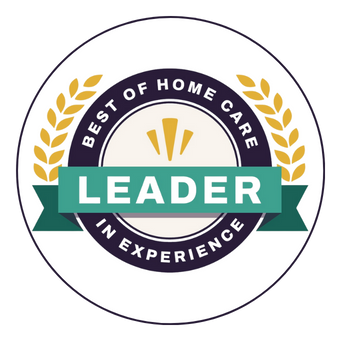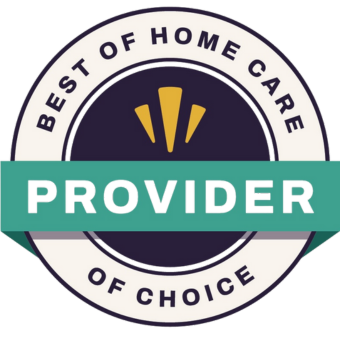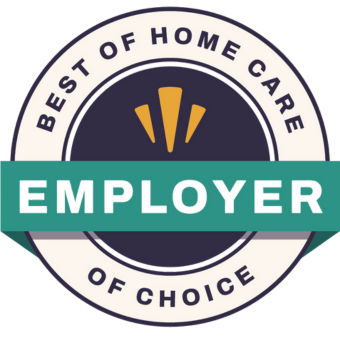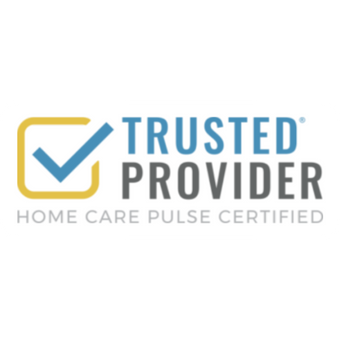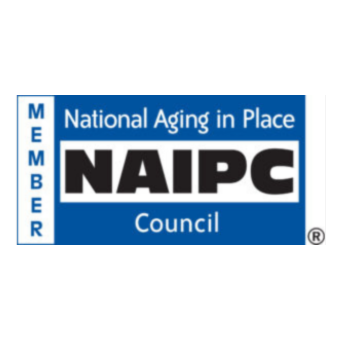Home Care in Apex NC
For many people, the thought of having siblings as you head into a home care journey with your aging parents seems like an ideal situation. The more children, they assume, the easier it will be for  the needs of the seniors to be met regularly and consistently. The logic is that if there are multiple children, each one will take on enough of a role that no one child is overly burdened in terms of time, energy, effort, or financial contributions, and that the parents will have the benefits of spending quality time with each of their children. There is also the perception that going into this type of care experience is a wonderful way for the siblings to bond, spend more time together, and create family memories that will remind them of their childhood spent together.
the needs of the seniors to be met regularly and consistently. The logic is that if there are multiple children, each one will take on enough of a role that no one child is overly burdened in terms of time, energy, effort, or financial contributions, and that the parents will have the benefits of spending quality time with each of their children. There is also the perception that going into this type of care experience is a wonderful way for the siblings to bond, spend more time together, and create family memories that will remind them of their childhood spent together.
Unfortunately, this is not always how this situation works out. Having siblings does not necessarily mean that you have a good relationship with them, and this is not going to automatically change when the time comes that your senior parents are in need of additional care and support in their lives and the siblings need to band together to handle these needs. Tension in sibling relationships, in fact, tends to increase during the time of a care journey, increasing the chances of mental and emotional health consequences for the primary caregiver and the seniors, and potentially putting the safety and effectiveness of the care routine at risk.
If you are dealing with challenging sibling relationships in the context of your home care journey with your aging loved ones, use these tips to help you overcome these trials in a way that is beneficial for your parents’ ongoing health and wellbeing:
• Confront the issue. Just allowing long-standing issues between you and your siblings simmer is not going to offer any benefits to anyone in the care relationship. Take the time to sit down with your siblings and confront the issues that keep your relationship at odds. If you need to, consult with a counselor or other mediator to help you open the lines of communication and keep the conversation constructive. Confronting these problems puts you on the path toward resolving them, or at the very least, agreeing not to let them negatively impact your parents’ needs.
• Divide the care. Taking care of your loved ones efficiently will require some cooperation among the siblings, but cooperation does not necessarily mean that you need to spend time together or even interact on a frequent basis. If your relationship is simply too tense to work together, make firm agreements at the beginning of the care experience as to what each sibling will handle. That way you can each know what you are responsible for and what the others are doing to ensure all of your parents’ needs are met. If these care agreements involve hiring an in home health care services provider, either choose her together or make the agreement that one of you is responsible for that area of care and let that be the final word so it does not become a source of more stress and tension.
• Keep your parents out of it. Your parents likely already know that you and your siblings do not get along, and this may be a cause of stress for them. No matter what the reason for your tension, you do not need to get your parents involved in the issue. Complaining about them or saying negative things about them will only work to make your parents uncomfortable, upset them, and make them feel guilty about needing care, which is counterproductive to them receiving the benefits of the care. Make an effort to not talk about your siblings with them, or to keep your discussions of them neutral and care-focused.
If you or an aging loved one are considering home care in Apex, NC or the surrounding areas, please contact the friendly staff at HomeChoice Home Care Services. Call today (919) 847-5622

